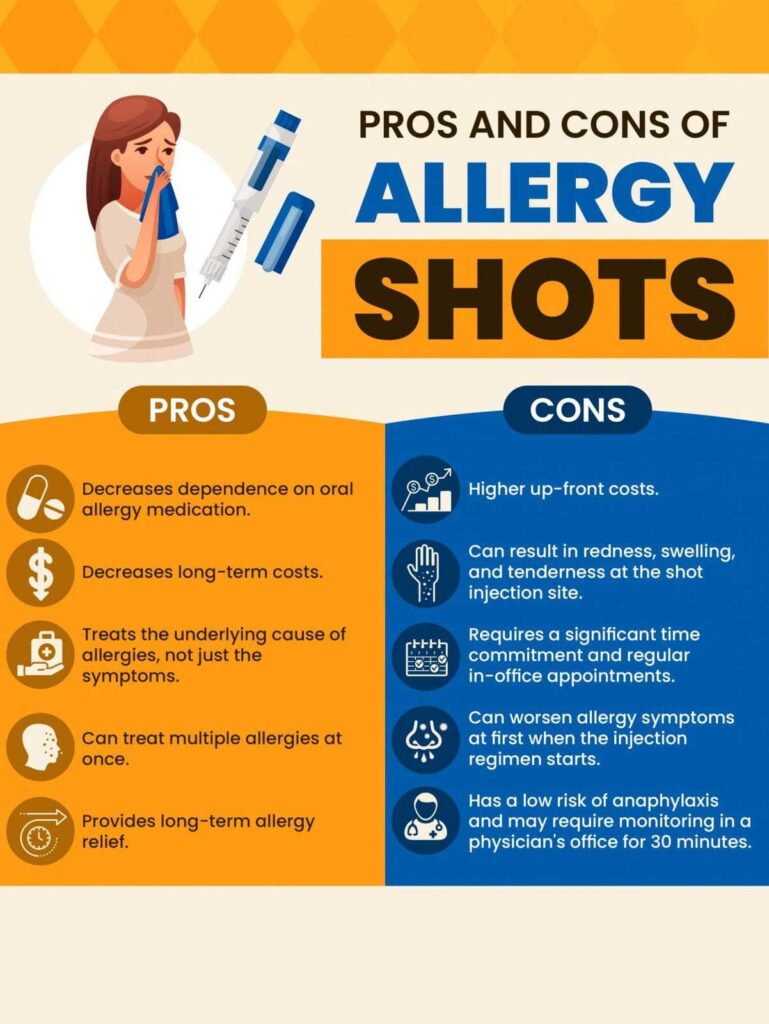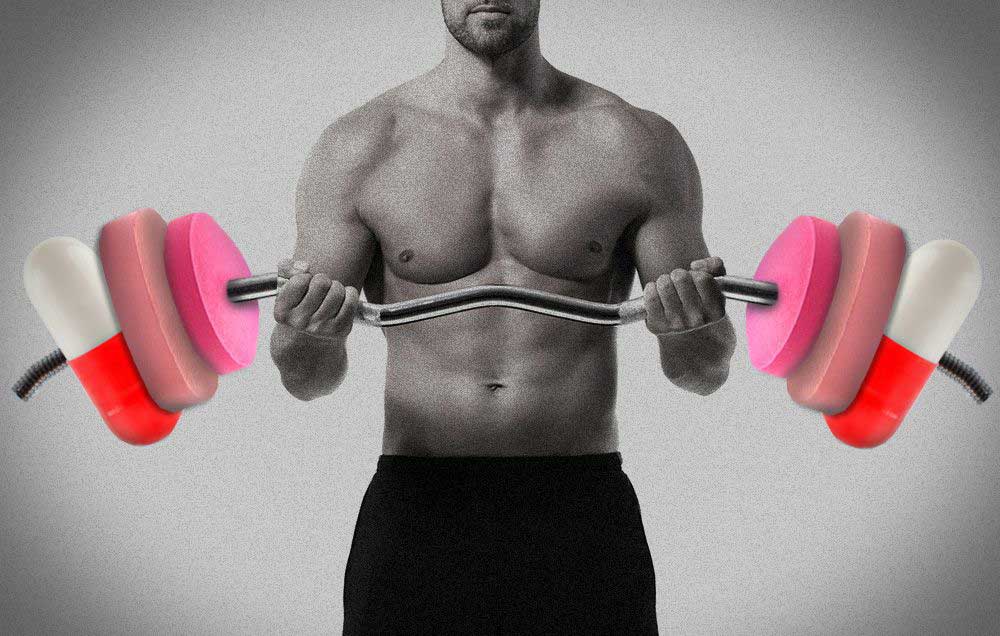Can I exercise after allergy shots?
Sometimes exercise itself is an uncomfortable activity for some people. Exercise is accompanied by all the sweating, huffing-puffing, and particular challenge that comes with elevating your heart rate for an extended period. But for few people with seasonal allergies, the discomforts of exercise reach a whole new level. They may experience itchy and watery eyes, stuffed up or runny noses, and breathing can become difficult. However, this does not imply that you should give up on your plans to make regular exercise a part of your healthy lifestyle. Generally, people with allergies can and should exercise under the guidance of their healthcare provider.
Allergies are most common among Americans. Allergies are the abnormal-response to your immune system. They cause overreaction substances usually innocuous, called allergens, which influence 2 out of 10 Americans through environmental issues. Allergies are described as an overreaction to an unfamiliar protein substance (“allergen”) that is eaten, inhaled into the lungs, infused, or contacted. This can be a one-time event or openness to that allergen throughout some period.

What are allergy Shots and when should you take them?
Allergy shots are regular injections throughout some period — by and large around three to five years — to stop or diminish allergy attacks. Allergy shots are a type of treatment called immunotherapy. Every allergy shot contains a small measure of the particular substance or substances that trigger your allergic reactions. These are called allergens. Allergy shots contain barely an adequate number of allergens to invigorate your immune system — yet insufficient to cause an out-and-out allergic response.
Allergy shots are a good treatment choice for you if :-
- Medications don’t control your symptoms well, and you can’t keep away from the things that cause your allergic reactions
- Allergy medications communicate with different medications you want to take or cause annoying aftereffects
- You need to reduce your long-haul use of allergy medicine
- You’re allergic to bug stings
Allergy shots will more often than not turn out best for individuals who are sensitive to bug venoms and inhaled allergens. Allergy shots likewise further develop how other immune system cells and substances capability because of allergens. At last, effective immunotherapy assists the body with fighting off allergens and reducing unfavorable symptoms.
Are allergy shots effective?
Allergy shots can give long-haul relief well after the injections have halted. Certain individuals who have gotten allergy shots may never again require a prescription for their sensitivities.
In any case, it can require as long as 1 year of upkeep shots before you get results. However, certain individuals might see helps from the get-go in the upkeep stage. At times, allergy shots don’t work. This might be because of different reasons, including :-
- Halting treatment because of reactions
- Proceeded with openness to allergens at extremely significant levels
- Insufficient allergen in the real shots
- Missed allergens during your underlying assessment

Is exercising safe after an Allergy Shot?
When getting immunotherapy for sensitivities, usually alluded to as allergy shots are one of those rare exemptions. The allergy shots work just barely on specific allergens in your body to set off an immune response. That implies it is plausible of minor incidental effects, similar to when you have an influenza chance and feel throbbing, sore, or tired. It additionally implies that exercising can exacerbate this immune response, increasing your probability of symptoms.
When you exercise, you increase blood flow and heart rate all through your body. This makes the allergens spread faster, which can increase your risk for an allergic response. It’s for the most part prescribed that you stand by one to two hours before or after exercise.
There’s very little proof one way or the other that exercising previously or after allergy shots affect your body’s immune response. The risk with exercising excessively near accepting your allergy shots is just about having an increased opportunity of response, not tied in with increasing or decreasing immune function.
The primary care physician prescribes abstaining from working out when allergy shots apply to all exercises. However, PCP believes that strenuous and vigorous exercise has been accounted for all the more frequently as increasing your risk for a reaction — so while some typical physical movement as you approach your day is logically fine, whatever truly gets your heart pumping ought to stay away from.

Types of activity that are allowed after Allergy Shots
You don’t need to put yourself on bed rest when your shots ; as long as you can do such without perspiring or expecting to pause and rest, it’s OK to move your body and perform light exercises, including :-
- Going up and down stairs
- Stretching
- Vacuuming or cleaning the house
- Walking back and forth to the subway for work
- Gardening
- Grocery shopping
Activities that should be avoided : Any exercise that assists you with starting to perspire is great for you – as long as it doesn’t occur just previously or after your allergy shots. You should plan to keep away from activities, including :-

- Running or jogging
- HIIT exercises or other types of cardio
- Lifting weights
- Strenuous forms of yoga and Pilates
- Dance classes like Zumba
Outlook
When exercise is a piece of your regular daily practice, that is perfect! In any case, you should enjoy some time off from any sort of strenuous or vigorous exercise preceding and in the wake of getting allergy shots to reduce your risk of allergic reactions. Essentially, if your exercise routine increases your heart rate and makes you sweat, skip it.
Our expert primary and urgent care doctors help diagnose and treat your allergies. Texas Speciality Care has cutting-edge medical care to diagnose any serious and chronic medical problems. Call us at (469) 545-9983 to book a telehealth appointment for a home check-up.
